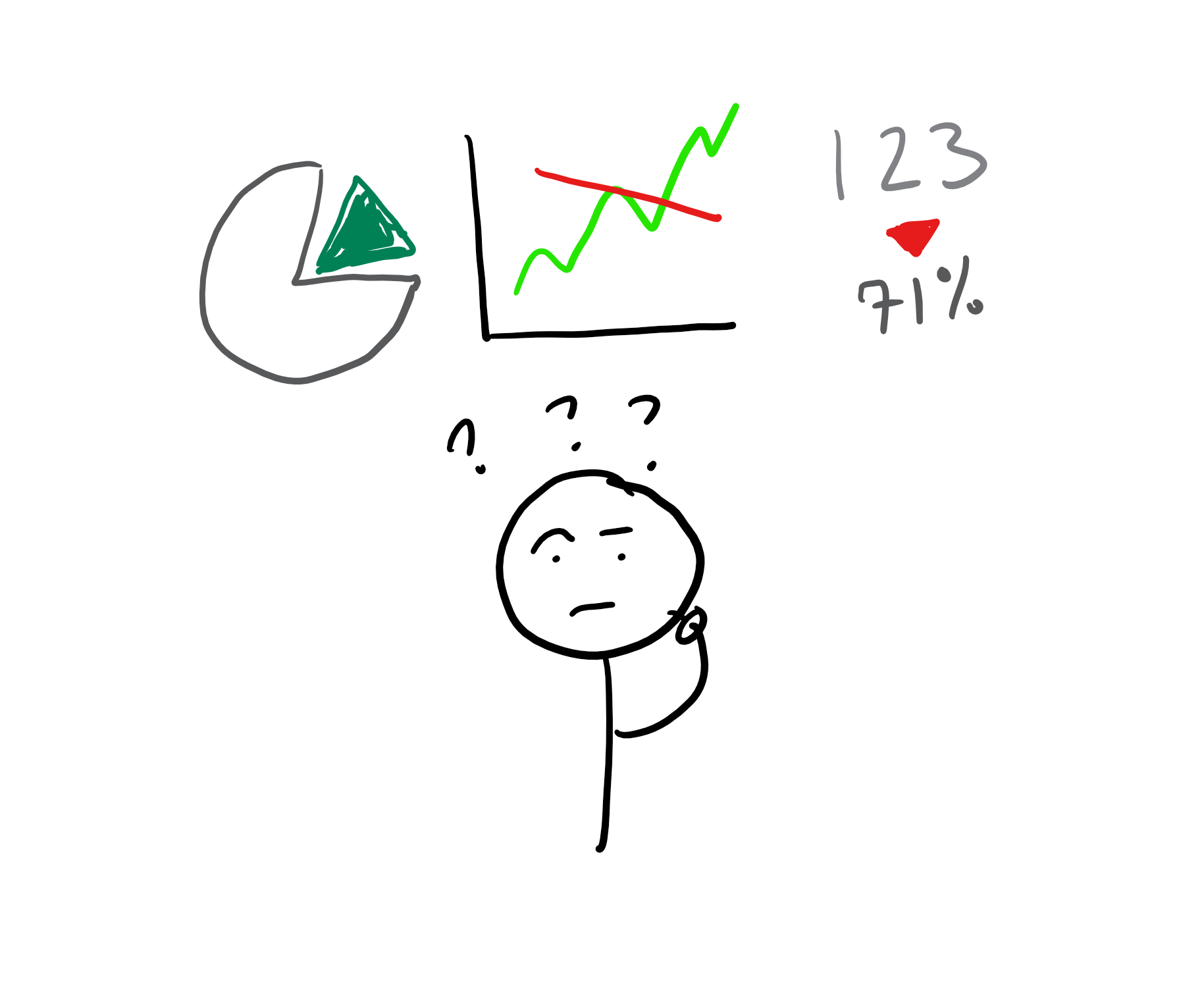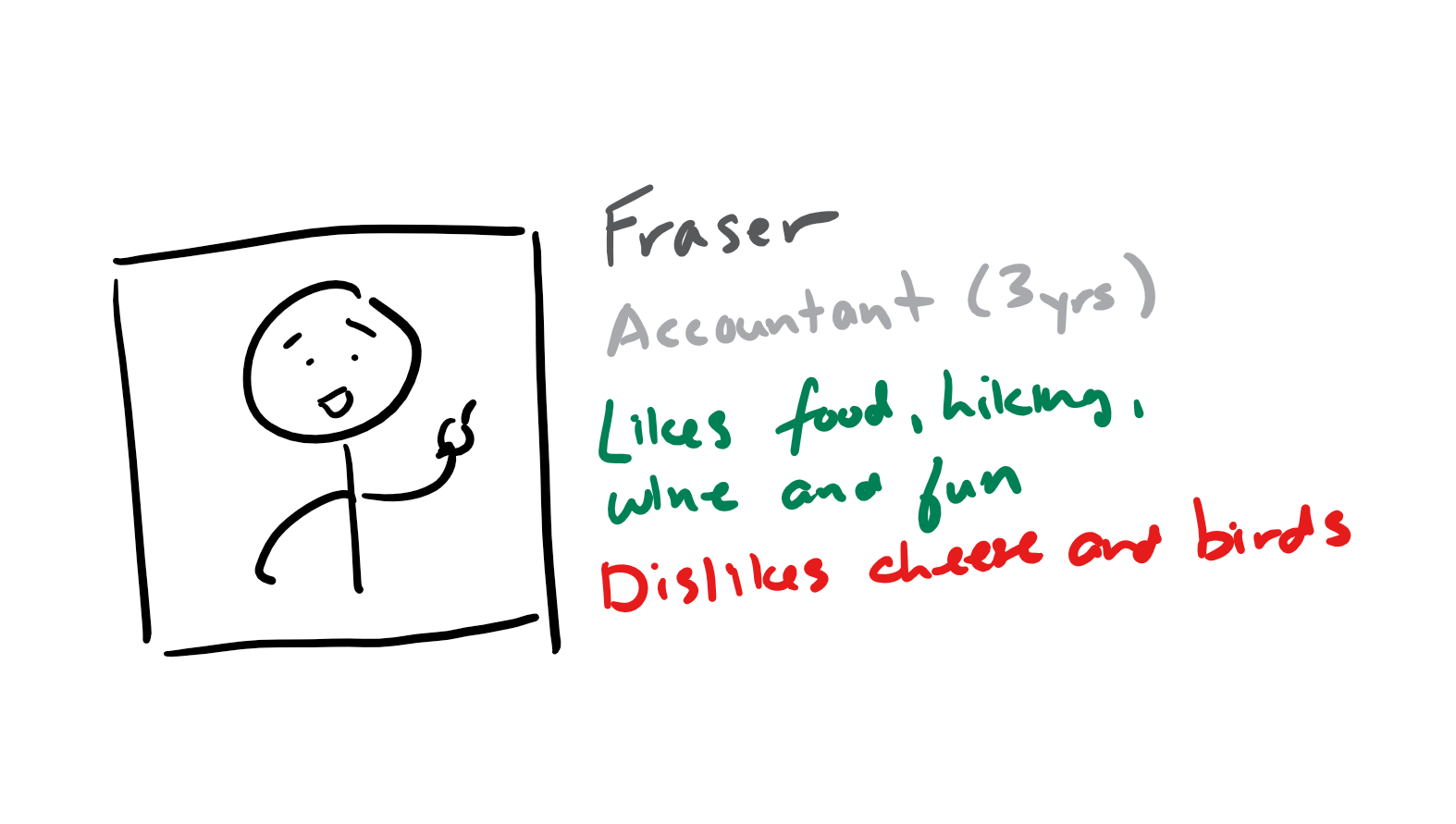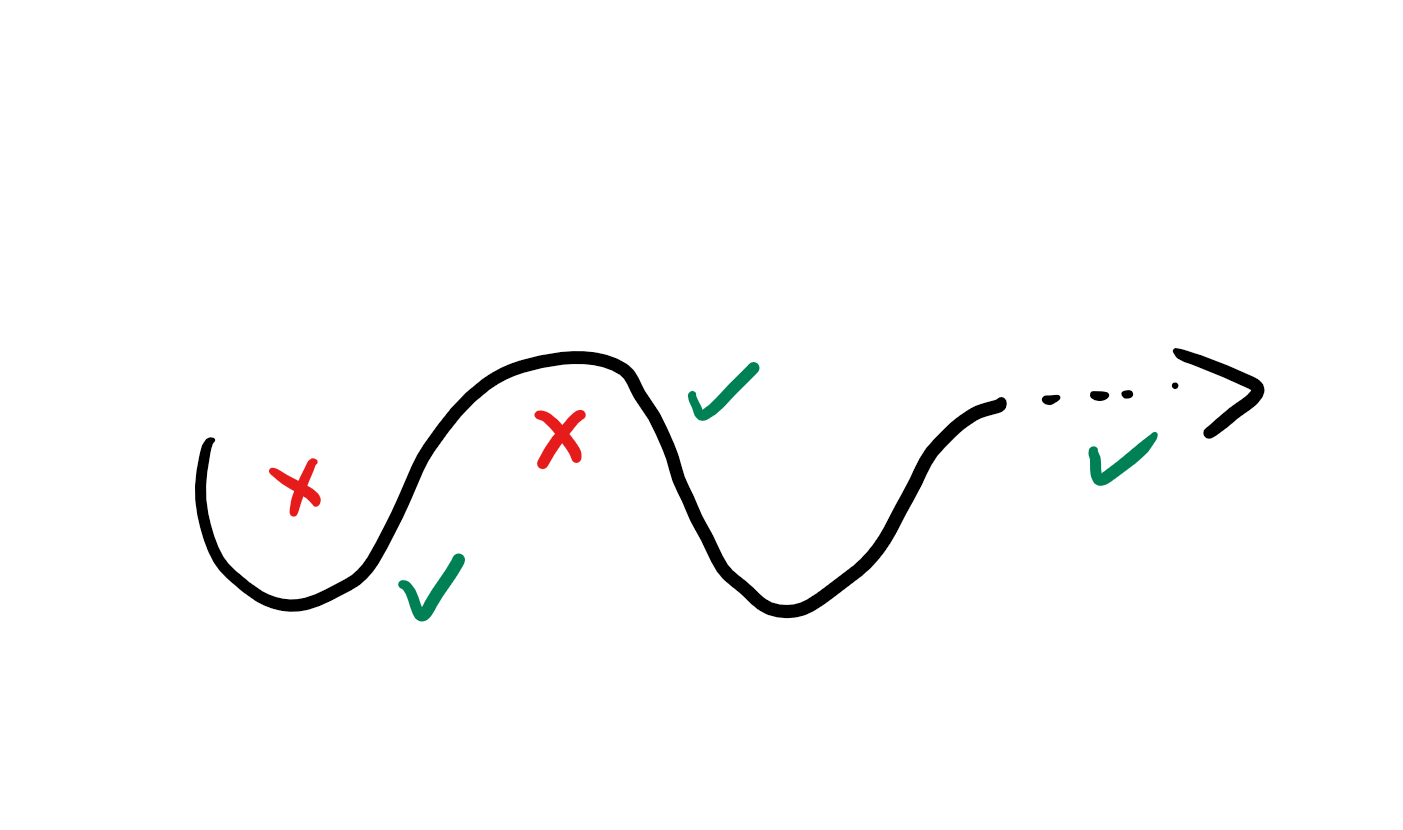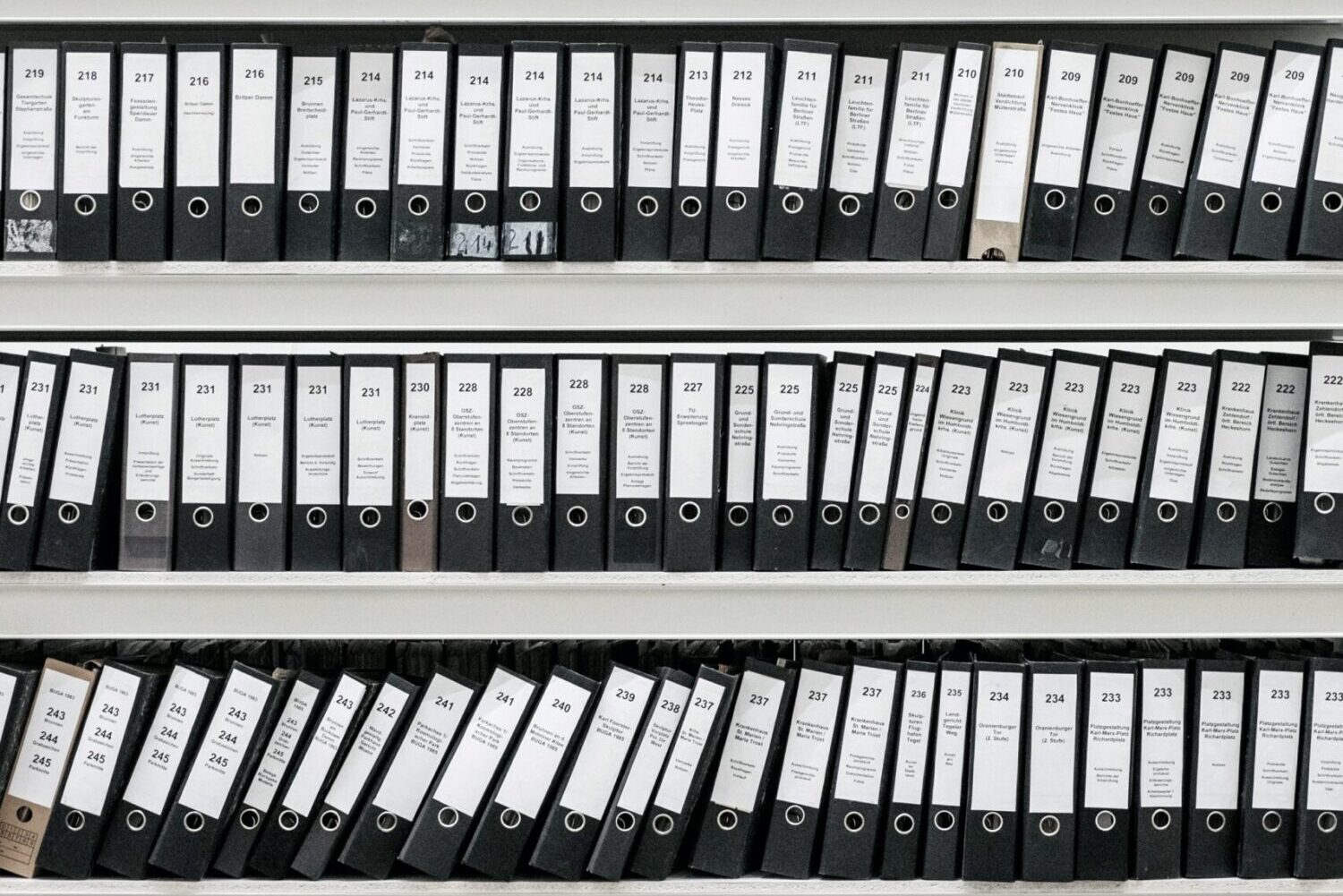There is a data trend that is beginning to emerge in philanthropy, enabled by new technologies and societal shifts that expect data and proof for everything. Now more than ever, we see our sector redesigning processes and forms to gather more information more frequently and to share information as widely as possible across foundations and other sector players.
Often, we see a data-driven push to collect the following on grantees:
- Financial statements and budgets
- History of grants received and performance
- Anticipated outcomes and actual results
- Data from third-party services ranging from geography to broader sector categorization
However, speaking to many grantmaking teams, we are aware that this information is rarely used effectively and that most team members collect this information to tick a box, rather than make an informed organization-wide decision.
How do we use all this data?
Our sector is filled with values-driven individuals who excel at movement building, collaborating on growth, and getting closer to good answers for very complex questions. However, expecting all of us to be able to analyze financial statements, assess organizational sustainability, and evaluate anticipated outcomes on very narrow and complex topic areas is unrealistic. As my colleague Catherine You knows, data is already an abstraction of the real world, and a deep practice in evaluation and learning is required to make educated assessments.

Further, in a digitally-enabled world, we are expected to collect huge amounts of data, but this floods us with more information to pick-through, analyze, and try to absorb. Our teams burn-out with everyone trying to be an expert across all areas, feeling anxious that their assumptions and analyses are incorrect —and frankly, many just end up abandoning the data all together.
In this world, grantees spend a lot of time uploading information and making it digestible, and grantors spend a lot of time and mental energy entering data, downloading data, transforming data, and writing their best analysis, which often is not reviewed by the ultimate decision-maker.
So, in a sector that is becoming ever more data-hungry, we have to ask the question:
What the purpose of all this data?
I had the privilege of seeing Ms. Ise Boch receive the Stifterinnenpreis at last year’s German Philanthropy in Nurnberg. She recently released a book, Transformative Philanthropy-Giving with Trust, that asks the following questions:
"How can we turn the power of money into power for the many? How can we create mutual trust and stand together to shape more humane societies? How can we give in a way that transforms both the recipient and the donor? Do we dare to try something new?"
"How can we turn the power of money into power for the many? How can we create mutual trust and stand together to shape more humane societies? How can we give in a way that transforms both the recipient and the donor? Do we dare to try something new?"
I recently had a discussion with a few of my friends about how they date in the city. While online apps have bombarded them with information (e.g. photos, jobs, personal philosophies in life), it rarely matters in the long-run. The things that help us form trust can rarely be captured in a digital form and are much more hidden in tone, body language and our abilities to find our paths for a common life.

There are parallels in granting, even if the comparison to the above is a bit comical.
In our recent work, we have been welcomed into conversations exploring trust-based philanthropy, eliminating application forms and formal due diligence processes, focusing instead on building relationships and organizational alignment over time.
We hear over and over again that program officers want to be out in the field more, meeting with grantees (both new and existing) in-person, building deeper relationships, and understanding the whole person behind the work.
We see that many program officers continue to write long-hand notes, trying to distill key messages from conversations and draw connections between qualitative statements, creating a series of nodes and connectors that try to make sense of the larger network of factors at play.
The reality is that the sector is trying to understand the million intangibles that make change-focused work difficult. The organizational struggle to reduce this down to individual indicators often seems like make-work projects, the system changing faster than the rate at which we can quantify our impact
Ask the right questions, CRM will follow
In our years of practicing Digital Strategy at Grantbook, we know the sector often looks to technology for solutions that will help them solve a complex problem, but when a solution doesn't seem to work well or doesn’t exist altogether, the suggestion is that we don't know how we want to work.
For example, we are seeing an increase in requests for and adoption of CRM or CRM-like tools in the sector. Many grantmakers want to track a grantee’s professional and social networks, to understand better what drives them, who they like to work with, how they see themselves and how they align with other folks in their mission — Grantee Intelligence, if you will. However, while CRMs can store this information, collecting this data is a very different question.
As I have been told many times, a good data strategy starts with asking good questions and the questions a grantmaker asks dictates the relationship they want to build with their grantees: when we ask for outcomes, we are asking for grantees to help us test our hypothesis, but when we ask about how they are and how they work, we ask to build a relationship.
In other words, whether a grantmaker implements Salesforce or not is less relevant than how the organisation plans to employ to the tool. While tagging grantees with their interest areas, FoundationCenter categories and tracking e-mails is obvious, should fields tracking their staff's mental health, their relationships with the ultimate beneficiary and their stressors and organizational challenges be logged as well?
When we ask for outcomes, we are asking for grantees to help us test our hypothesis, but when we ask about how they are and how they work, we ask to build a relationship.
Building Relationships and Trust
In SSIR's review Leading Boldly, Heifetz, Kania and Kramer wrote about how Foundations need to move towards adaptive leadership in solving complex problems. In this transition, Foundations may have to do unpleasant things, but building and maintaining relationships with all stakeholders is what will enable their survival in doing so. Trust is a key part of keeping relationships strong during hard times and trust is built both cognitively (i.e., tangible outcomes) and affectively (i.e. reputation and alignment).
Collecting hard data requires experts in evaluation who have a in-depth knowledge of statistics, causation, and extrapolation. It requires subject matter experts who can help develop and monitor theories of change and downstream metrics. Similarly, finding a common way behind organizations in impact-driven work requires a lot of reflection — acknowledging what it really means to work long-term to address complex issues. What key factors and what story do we tell with this information over time that allows organizations to continue to build trust even through the false starts, missed expectations and tough times?

The questions we want to understand are:
- What data points best define a good relationship?
- What attributes best predict a deep and trusting relationship between grantmaker and grantee?
- How does one grantee's affinity with one grantmaker translate to their potential relationship with others?
- What stats and stories best communicate the depth of grantee work on complex problems and which best resonate with grantmakers, policy makers and communities?
To me, diving deeper into this emerging data practice is exciting as it is also this same work that will help us grow human-centred solutions to human-focused problems. It also reveals gaps in products and services in the philanthropic sector and drives Grantbook to explore now new hardware and tools from other spaces can be leveraged to answer these questions.
Are you looking to leverage data to create even more impact? We can help you articulate the right questions, and evaluate your processes for collecting and interpreting data. Reach out to schedule a chat at hey@grantbook.org.
